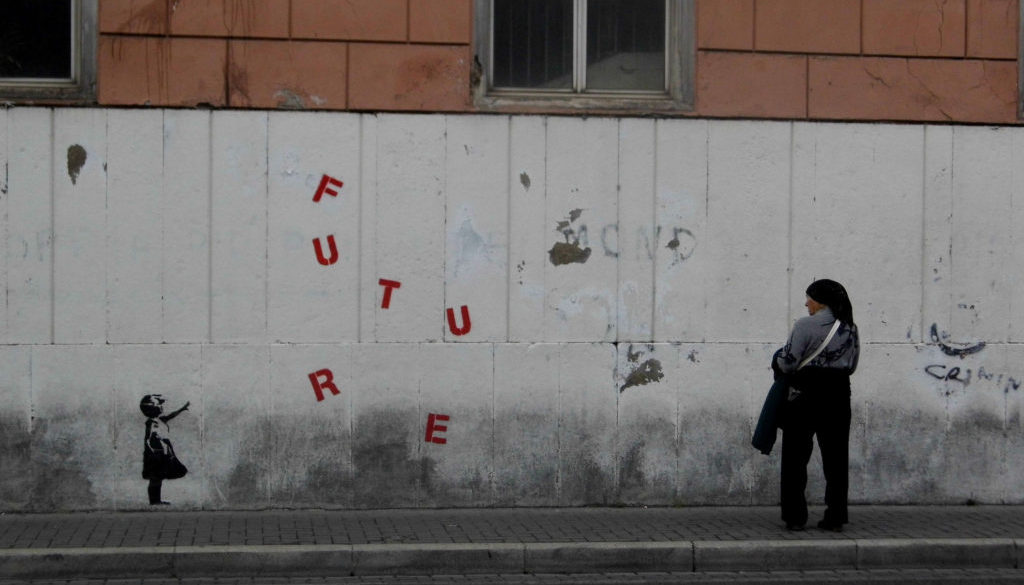This is Why Your Gap Analysis is Limiting Your Prosperity
Gap analysis is simple enough. You take the current state vs. the future desired or potential state, and compare them. Then you figure out what it will take to go from the current to the future state, put it in a plan and execute.
What\’s so hard about that? Nothing. That\’s why it is used so often as a good tool to improve.
But a gap analysis is very limiting at the same time.
Why? First you have to be real about your current state. Most companies assume they know what the current state is, that they intuitively know. Having worked with many groups I have found that they think they know, but the real state lies in a deeper, unexplored universe. Even if they have the \”number to prove it,\” often the numbers are an indication of the \”what\” instead of the \”why.\”
Because of this, most gap projects start off on the wrong foot.
The next, and more threatening aspect is that we set the future in stone. To be held accountable we must have an end date, an end budget, an end state. If not, we could get scope creep, overblown budgets, and the threat of spending a lot of time, money and effort and not getting anything accomplished. And although we understand this need, this is also a real threat.
Here is the reality: although we set the future in stone, it really isn\’t. The future is ambiguous.
Because of this, most of us set our outcomes too low and in a direction that is foreseeable when in reality the potential can\’t be known and just might blow our current expectations out of the water! Yet too often we hold fast and don\’t let the unexpected, the happy coincidence to shine and reveal itself because it is a natural threat to our set-in-stone future outcome.
Projects, like life, are a future we make along the way. The analogy might be a bit threatening, but we are flying the plane as we build it.
The ideal would be to have a goal and work in that direction yet be able to work in an ambiguous environment and be flexible and open enough to recognize an alternate future along the way.
Doing this will allow us to be held accountable to outcomes, gives us motivation, yet not miss the possible better future unknown state.

